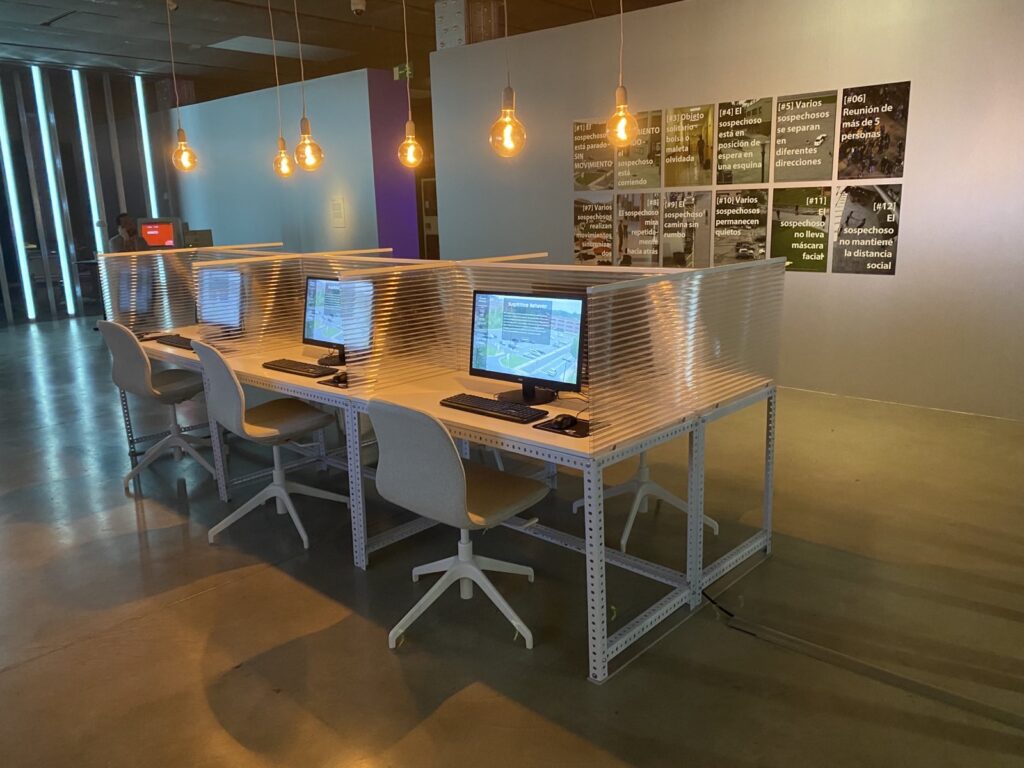Can algorithms ensure greater neutrality and efficiency? Are they as free from human bias as we usually think? The exhibition ‘Codes and algorithms. Wisdom in a calculated world’ seeks to make sense of this phenomenon and it’s implications.
n recent years, the words ‘code’ and ‘algorithms’ appear in many newscasts and conversations around us. Algorithms make decisions, and we take for granted the increasing role they play in many aspects of our lives while failing to understand their nature and implications. In a world organised on the basis of measurements and calculations, in which our lives can be reduced to comparable and standardised patterns, how can we ensure that the human being, with their human capabilities, continues to be at the heart of decision-making?
The exhibition ‘Codes and algorithms. Wisdom in a calculated world’, curated by Manuela Naveau, curator and professor for Interface Cultures/Critical Data at the University of Arts and Design Linz, in collaboration with other experts in the field of computer science, seeks to make sense of this phenomenon and it’s implications by generating questions and knowledge that invite reflection and debate. Can algorithms ensure greater neutrality and efficiency? Are they as free from human bias as we usually think? Why do we humans trust the decisions made by machines over other humans?
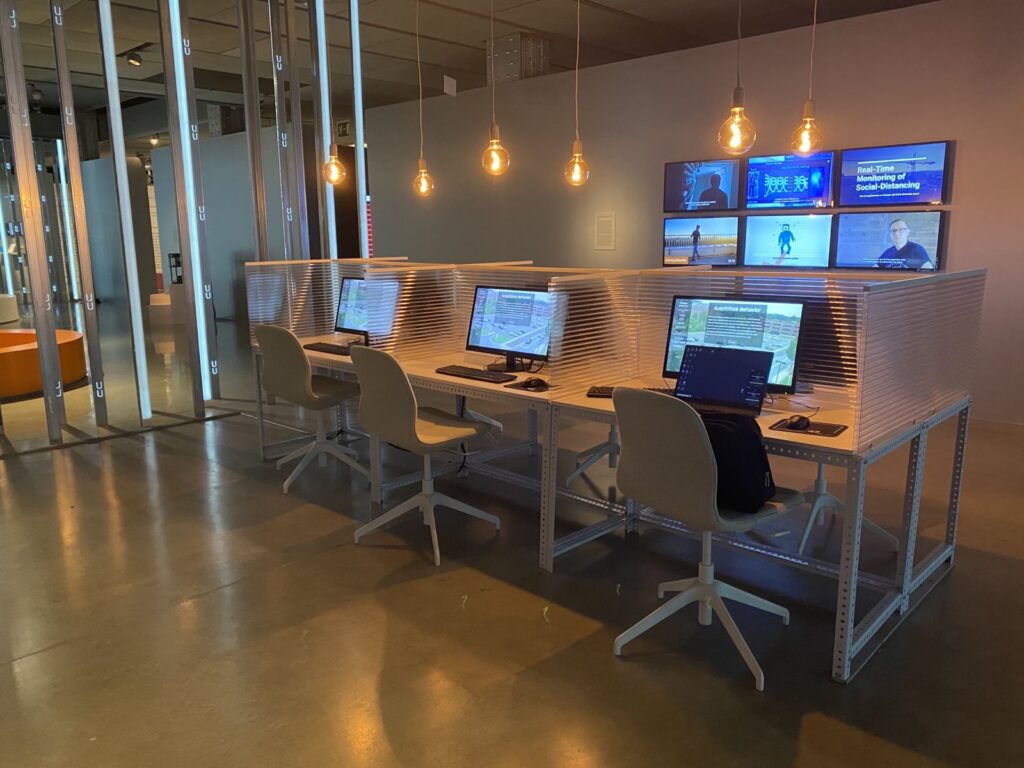
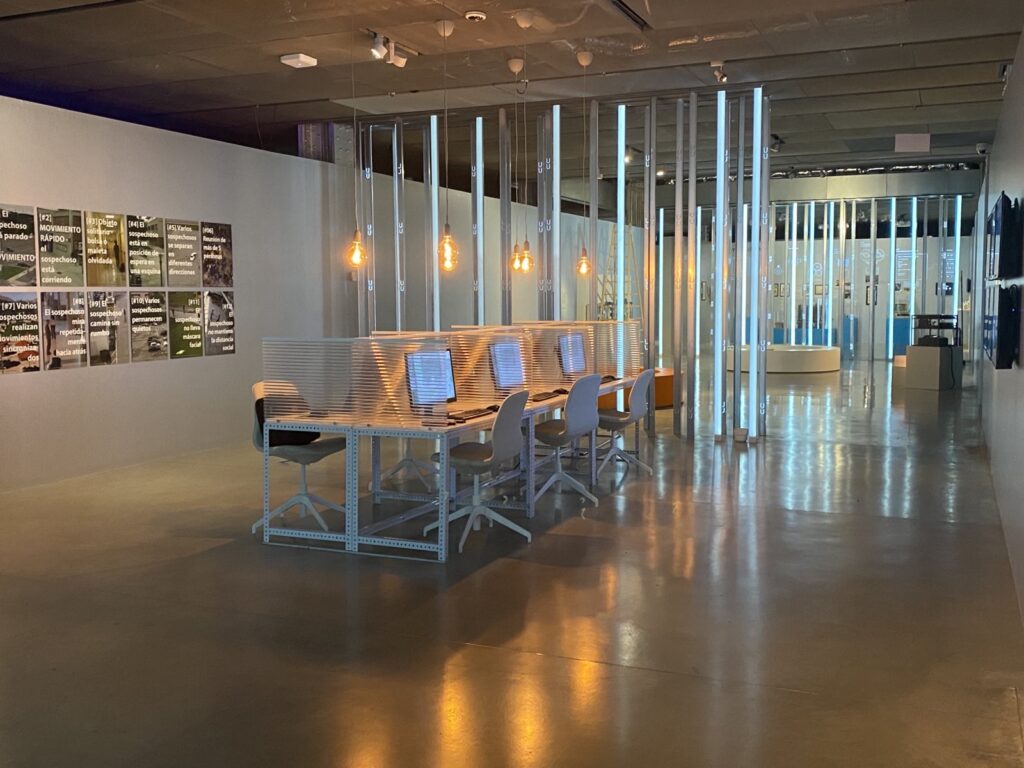
https://espacio.fundaciontelefonica.com/en/evento/codes-and-algorithms-wisdom-in-a-calculated-world/
https://www.fundaciontelefonica.com/exposiciones/codigo-algoritmos-sentido-mundo-calculado-madrid/
Participating artists:
Karin Sander, Kyriaki Goni, Clara Boj y Diego Díaz, Mushon Zer-Aviv, Matthias Pitscher y Giacomo Piazzi, Iosune Sarasate, Trevor Paglen, Kairus Art+Research, Shinseungback Kimyonghun, Manu Luksch, Danja Vasiliev, Egor Kraft, Grow Your Own Cloud (GYOC)
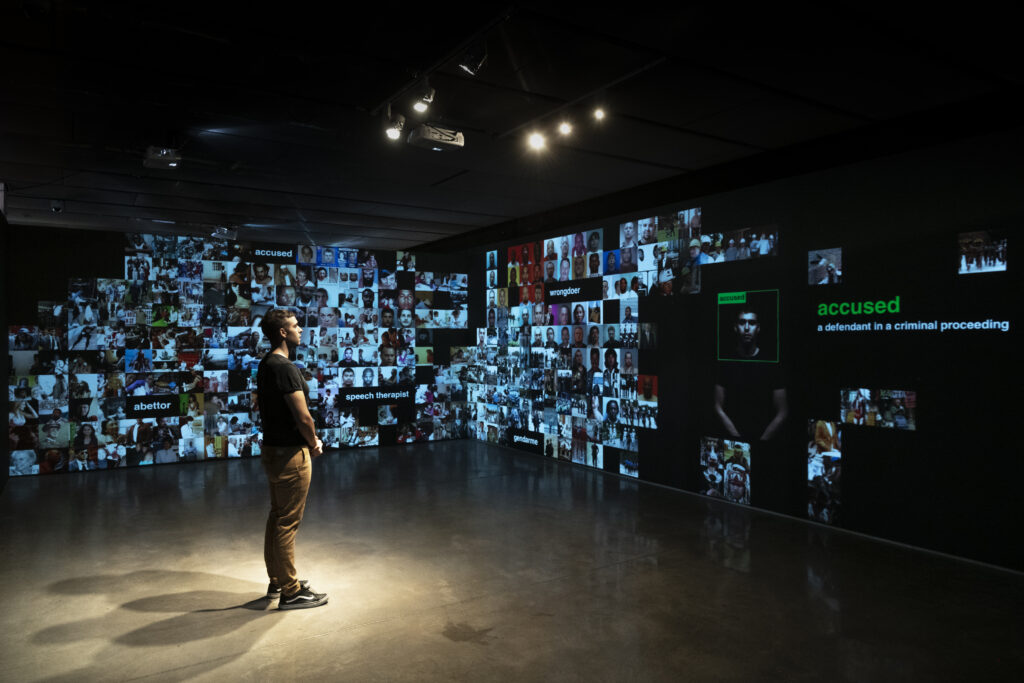
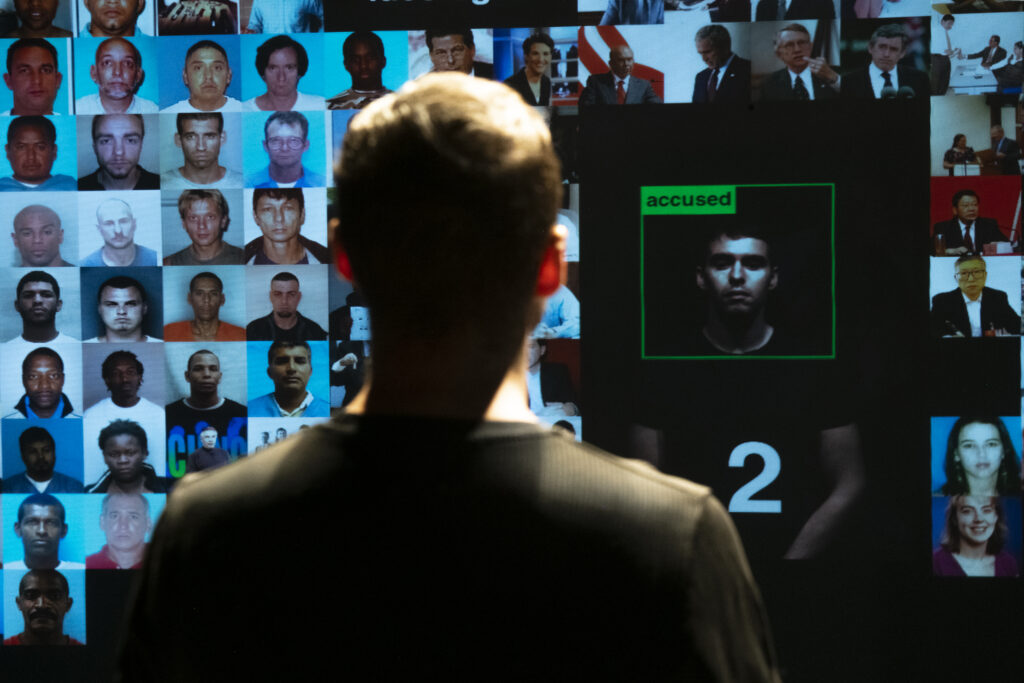
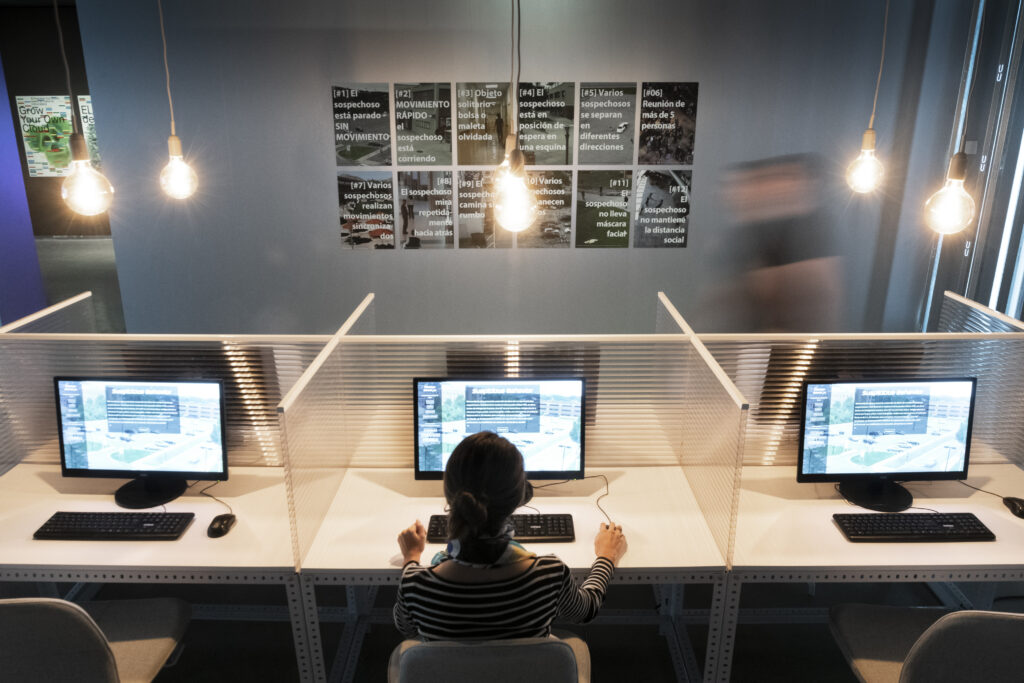
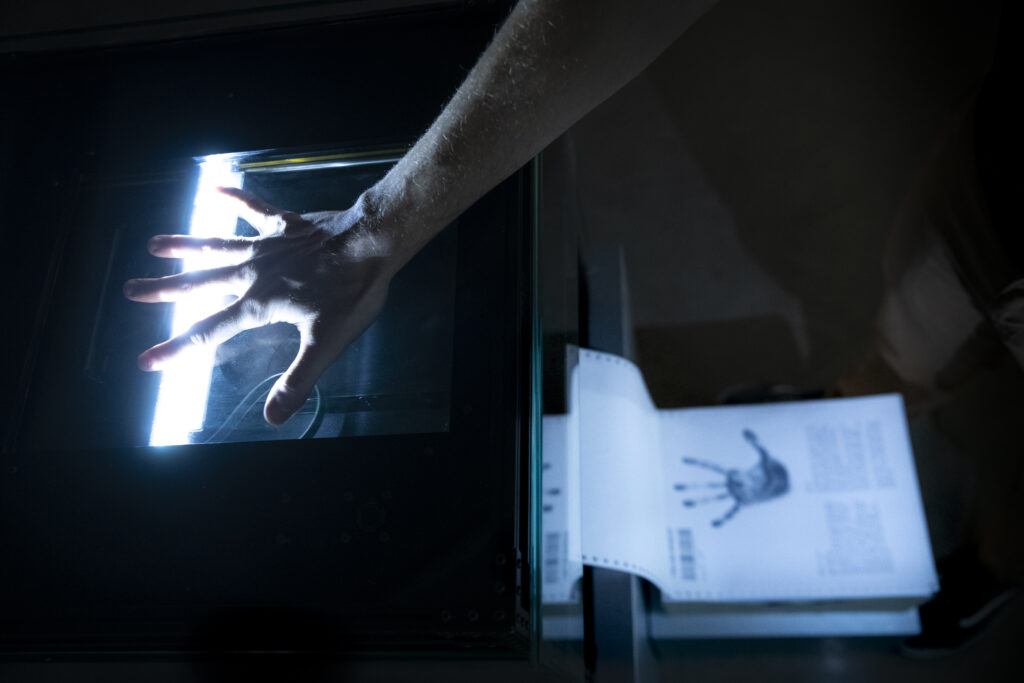
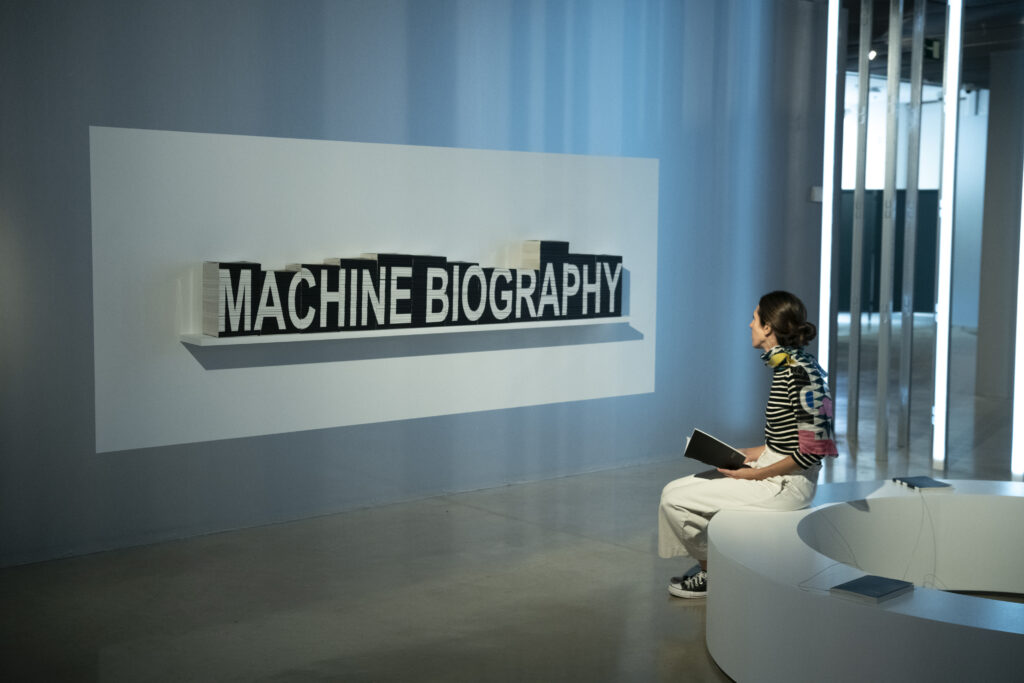
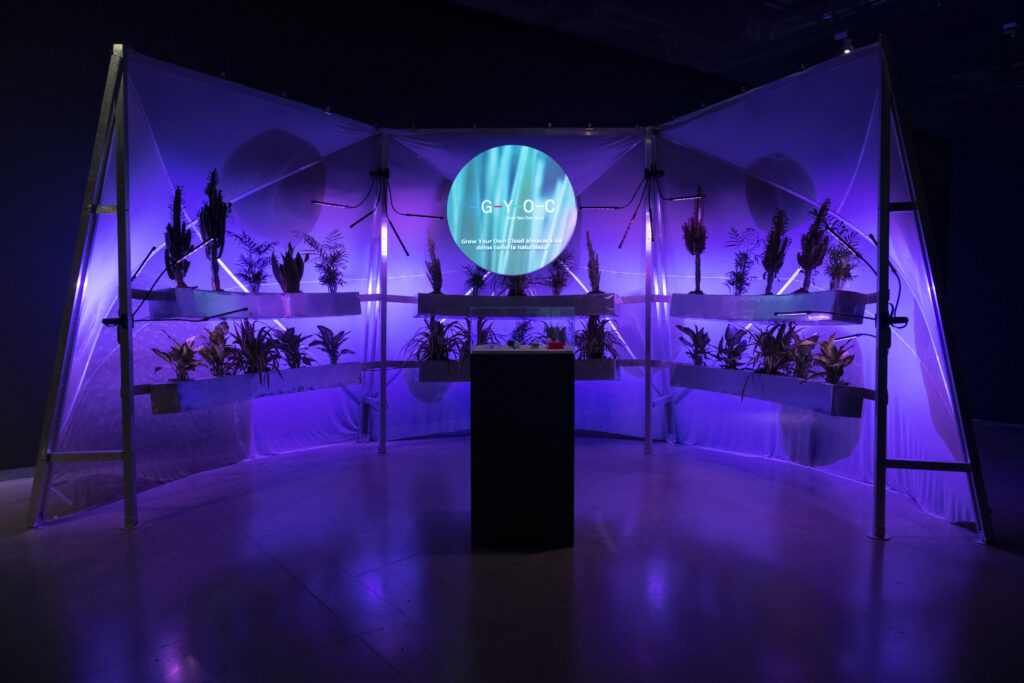
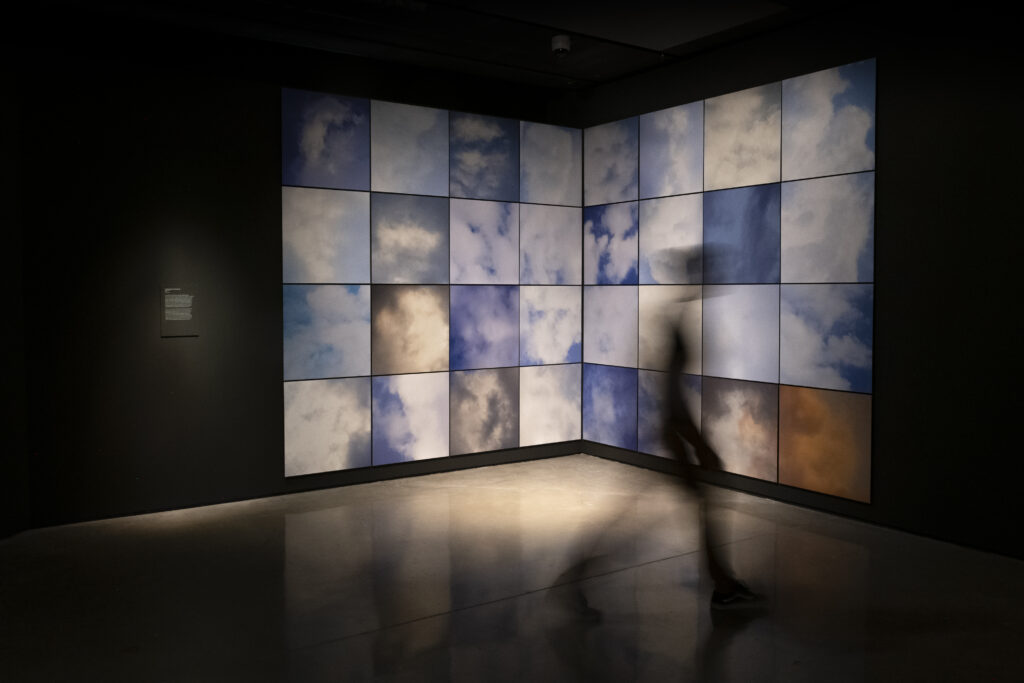
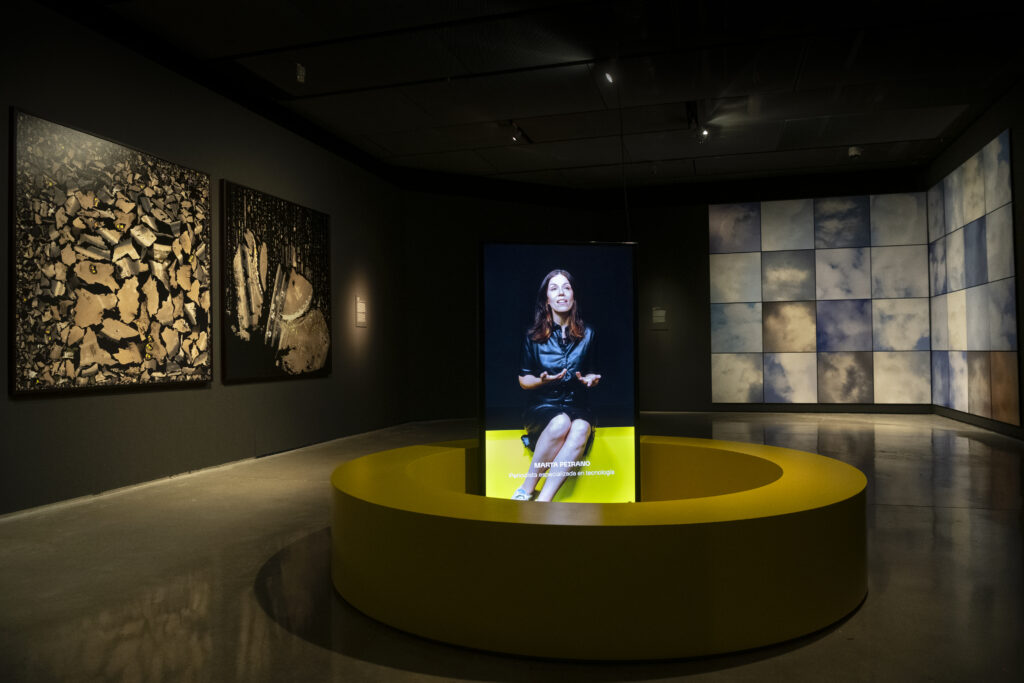
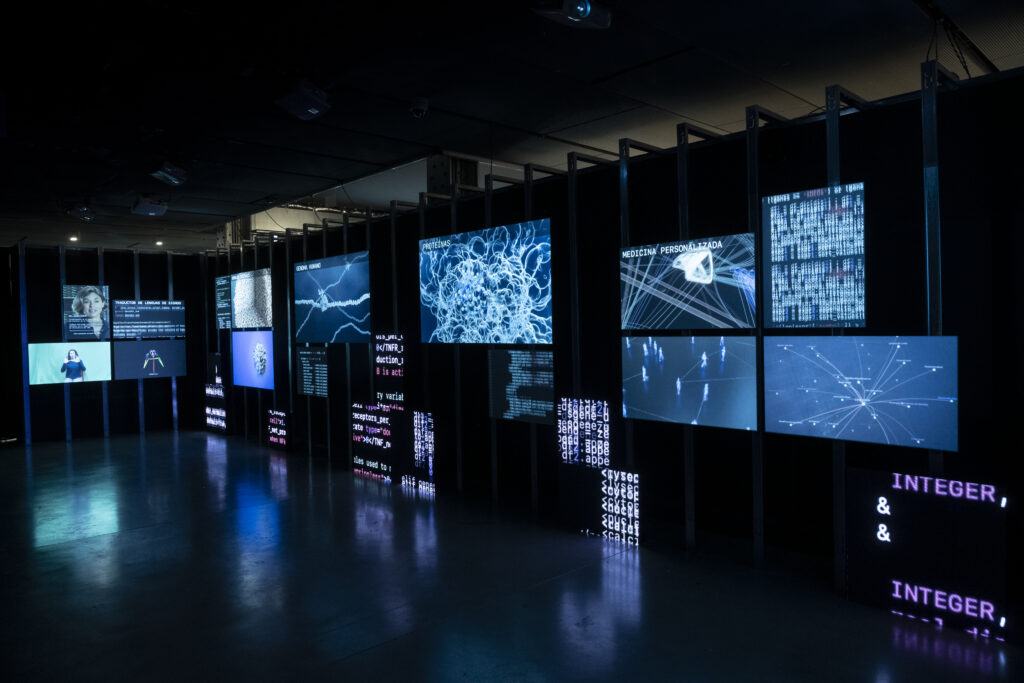
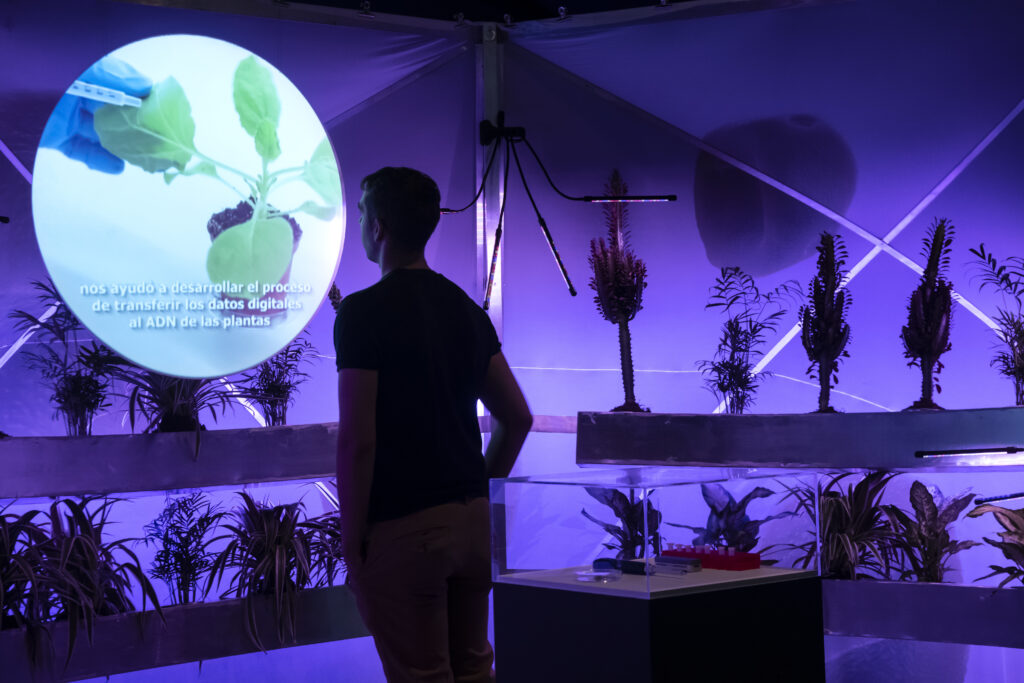
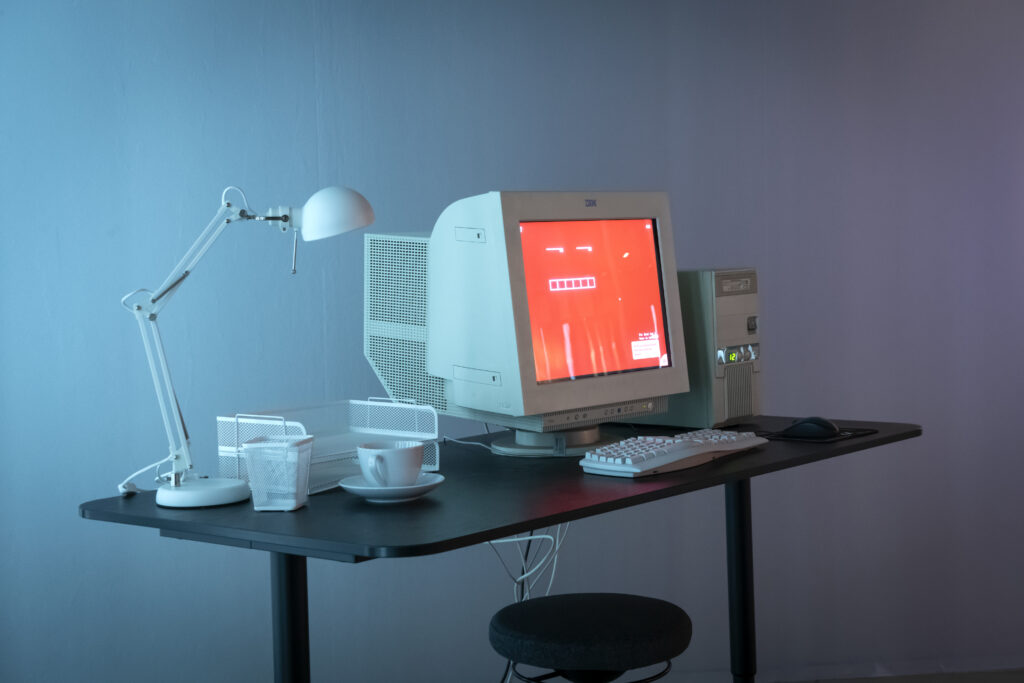
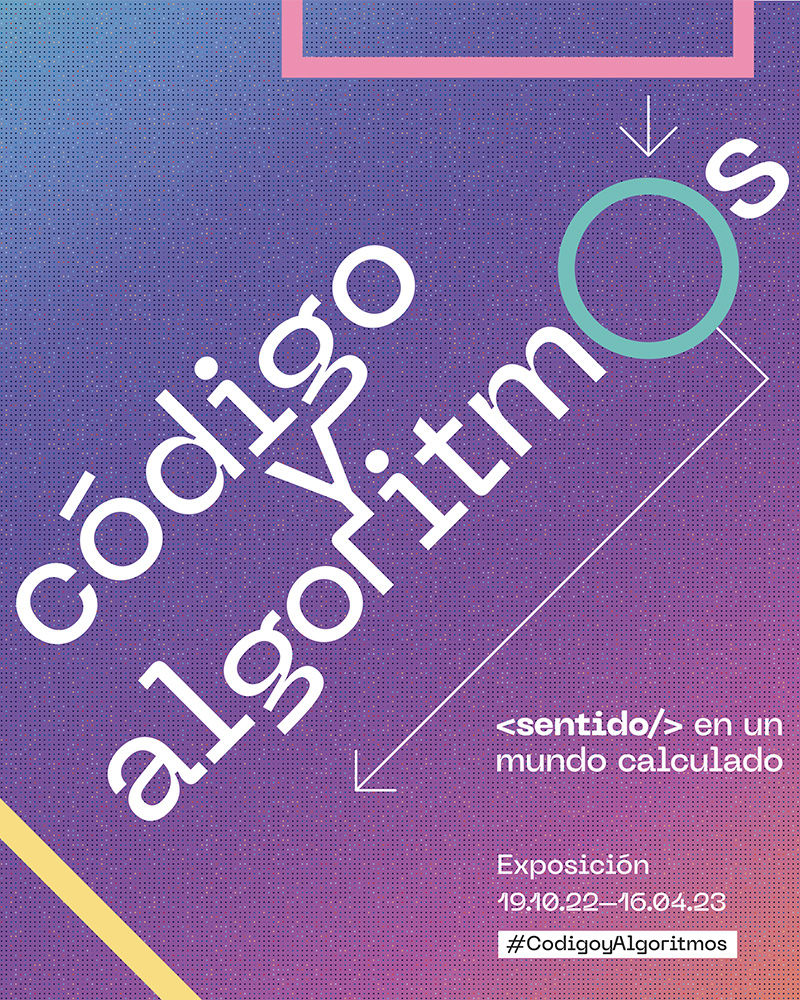
. Sentido en un mundo calculado. Espacio Fundación Telefónica, 2022.

